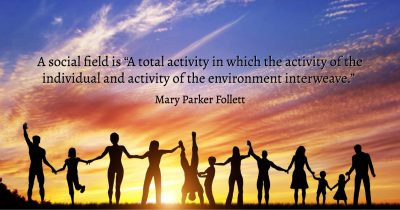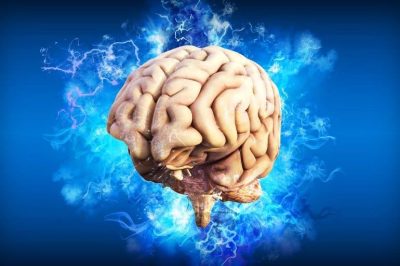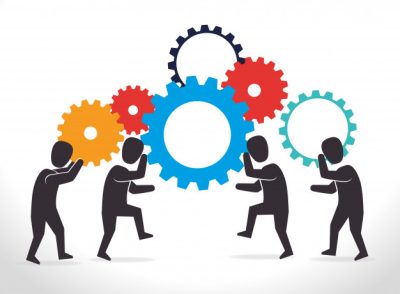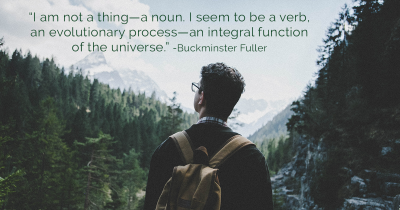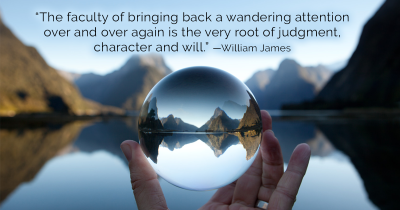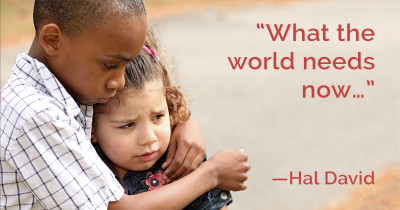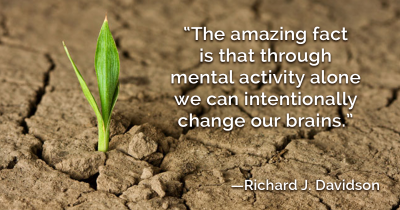Hiding In Plain Sight: The Social Field
“Every feeling, thought, movement, and encounter is simultaneously an inner and outer event.” —Arnold Mindell Alan Briskin and I are working on a book about “fields.” I have written several previous posts about them. The map to this territory is becoming clearer and more detailed as we, along with David Sibbet, Gisela Wendling, and Karen Buckley, share our ideas about and experiences with fields. We are also investigating the work of those who have … Read more…

